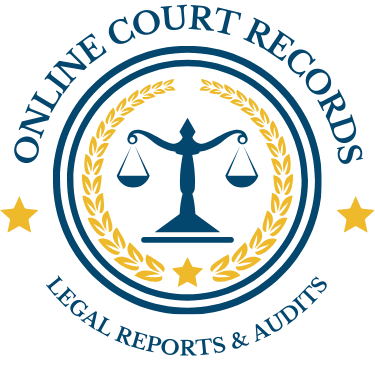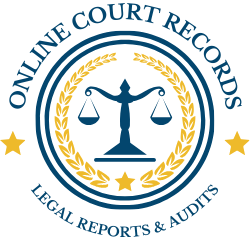Court rules in Louisiana are influenced by its unique legal system, which is based on civil law rather than common law, a distinction that dates back to its history as a French and Spanish colony. This means that Louisiana’s legal framework, especially in areas like property, contract, and family law, derives more from written codes and statutes than from judicial precedent, which is more typical in the rest of the United States.
Here are some key points about court rules in Louisiana:
- Court Structure: Louisiana’s court system is structured into several levels, including the Louisiana Supreme Court at the top, followed by Courts of Appeal, District Courts, and various local courts like Justice of the Peace Courts. Each level of court has its own set of rules governing procedures, filings, and operations.
- Louisiana Civil Code: Unlike other states that follow the common law tradition, Louisiana has a Civil Code that governs legal procedures and the application of law in civil cases. This code is a comprehensive set of laws that regulates personal, family, and contractual relationships.
- Code of Civil Procedure: This code provides detailed rules for civil litigation in Louisiana courts, including how lawsuits are filed, how evidence is presented, and how trials are conducted. It outlines procedures for everything from small claims to complex civil litigation.
- Evidence: Louisiana’s approach to evidence is also codified, with the Louisiana Code of Evidence outlining what is considered admissible evidence in court, how evidence should be presented, and how it should be evaluated by judges and juries.
- Criminal Procedure: The Louisiana Code of Criminal Procedure sets forth the rules for criminal prosecutions, including arrest procedures, preliminary hearings, bail, arraignments, plea negotiations, trials, and sentencing.
- Local Court Rules: In addition to statewide codes and statutes, individual courts in Louisiana may have their own local rules that govern specific aspects of legal proceedings within those courts. These can cover administrative procedures, specific requirements for filings, and other localized legal processes.
- Adaptations and Updates: Louisiana’s legal system and its court rules are subject to change through legislation, amendments to the codes, and decisions by the Louisiana Supreme Court that may set new legal precedents.
For anyone involved in legal proceedings in Louisiana, it’s important to consult the specific codes and local court rules applicable to their case. This ensures compliance with procedural requirements and helps navigate the unique aspects of Louisiana’s legal system. Legal professionals, including attorneys licensed to practice in Louisiana, can provide guidance and representation in accordance with these rules.




The influence of Louisiana’s history as a French and Spanish colony on its legal system is truly fascinating. The emphasis on written codes and statutes over judicial precedent sets it apart from the rest of the United States. It’s essential for legal professionals and individuals involved in legal proceedings in Louisiana to have a deep understanding of the specific codes and local court rules in order to navigate this unique legal landscape.